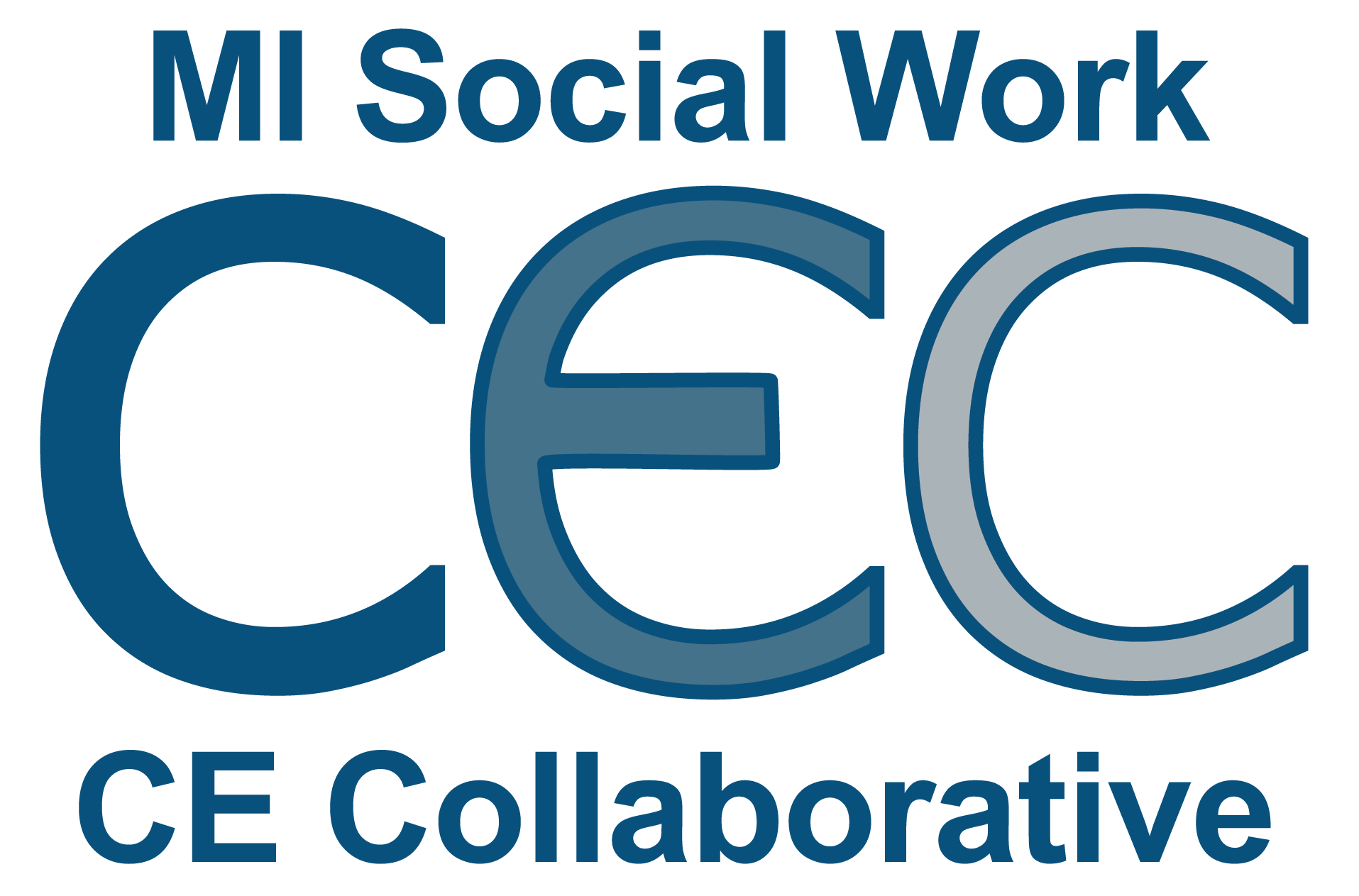Course Description:
In our contemporary world, people often tend to regard both spirituality and psychoanalysis as peripheral to modern thought. Both, however, significantly contribute to the human need to find meaning in life and to manage anxiety and fear, particularly during the uncertainty of our current times. In a society burdened with Covid-19, climate change and political divisiveness, we are regularly confronted with a greater
awareness of our vulnerability and mortality. While the psychoanalytic culture often explores diversity in the form of sexual orientation, gender identity and race, we less often consider diversity in the form of religion and spirituality. While PEW research shows that fewer individuals in our modern world are affiliated with traditional religions, the influence of, and perhaps need for, spirituality remains. Our patients may have spiritual belief systems which can enhance or inhibit their coping abilities. Mental health professionals may not recognize or explore these beliefs because of their own countertransference or lack of training or knowledge in this area.
In his writings, Freud devoted much attention to religion but seemed to have viewed it primarily as defensive, creating the lasting impression that psychoanalysis was antithetic to religion. In contrast, other analysts such as Winnicott and Rizzuto, have explored adaptive and creative aspects of religion and spirituality, while recognizing that any belief system can be used defensively. Religious and spiritual beliefs are present in the consulting room, but how openly do patients bring these up? How do analysts listen to them? Analytic clinicians are taught to listen with neutrality and non-judgment, but might we stifle patients in exploring spiritual themes that are a part of their subjectivity
and identity?
To address this gap in our conceptual framework, we have organized a program that aims to provide a balanced, open-minded perspective of psychoanalytic thinking about religion/spirituality. We are honored to have two distinguished psychoanalysts, Dr. Edward Shafranske and Dr. Donald Carveth, both eminently well-qualified in this area to add to our understanding about the convergence and divergence between psychoanalysis and religious belief and spirituality.
EDUCATION OBJECTIVES:
1) Review and clarify psychoanalytic perspectives on spirituality, religious and a-religious forms, from Freud to the present.
2) Clarify areas of convergence and divergence between religion/spirituality and psychoanalysis, such as the distinction between the superego and conscience.
3) Describe the psychological, cultural, and developmental contributions to religious and/or spiritual experience.
4) Describe potential contributions of religious/spiritual experience to psychological health.
5) Illustrate and discuss how to deal clinically with the subject of religious/spiritual experience in psychoanalysis and psychodynamic psychotherapy.
Course Link: http://www.mpi-mps.org
CE Value (credits): 5
CE Type: Standard
Sponsor Name:
Michigan Psychoanalytic Society
Contact Information:
Monica Evans
248-851-3380
mevans@mpi-mps.org
